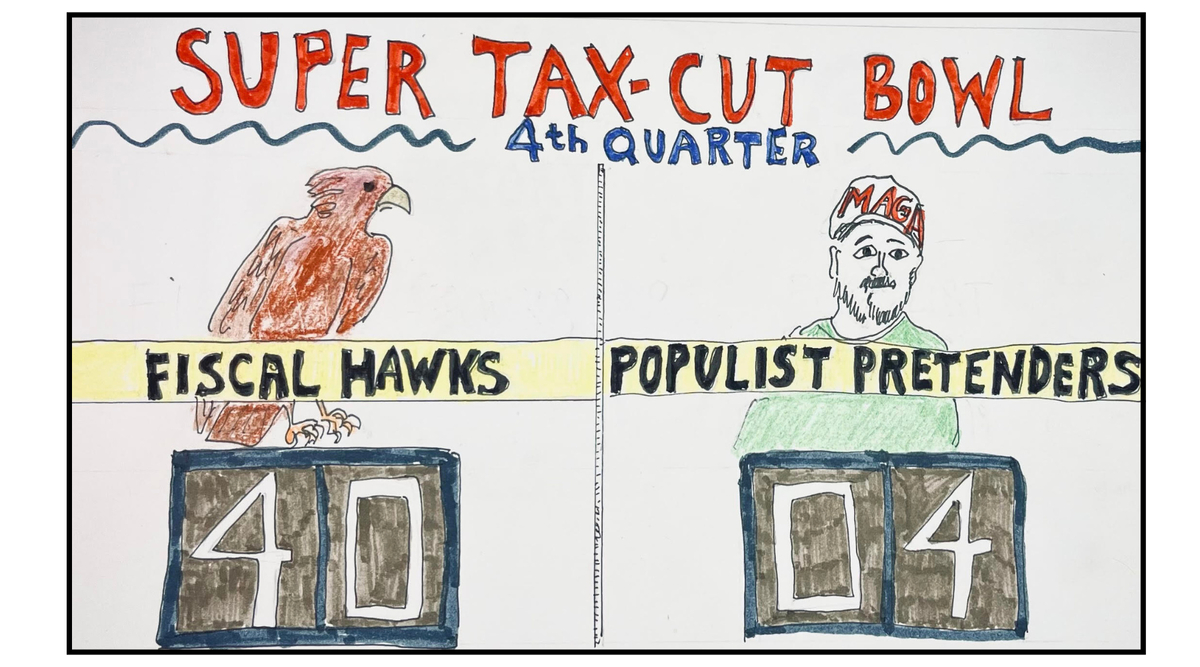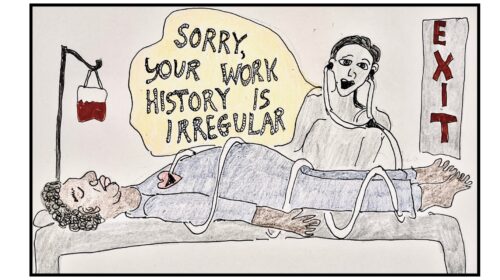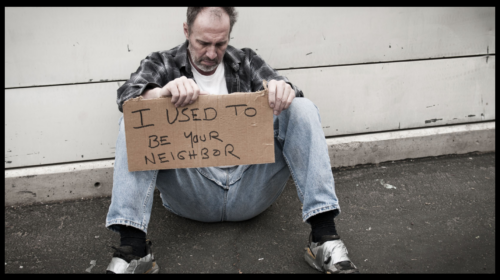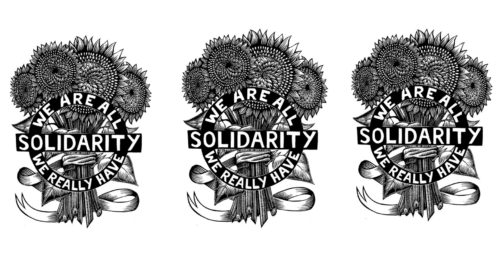Economics


The Stealthy Strategy to Strangle Medicaid
Republicans want to make it even harder for low-income people to get health care.

The Immigrants’ Goodbye
New restrictions on legal immigration, combined with rapid deportation of the undocumented, will likely worsen already painful shortfalls of paid health care, elder care, and child care services in the U.S.

Death by Austerity
Some kinds of efficiency are about making money. Other kinds are about saving lives and developing human capabilities.

Déjà-vu all over again?: IWY Turns 50
On the fiftieth anniversary of International Women’s Year, it’s worth taking stock of what we’ve gained and what we haven’t.

Marginal children: child support guidelines and the (de)value of care
Traditional child support models underestimate the cost of raising children by ignoring unpaid care work and shared living expenses. A proposed “Dignified Living Model” centers care and interdependence, ensuring support reflects the well-being of both children and parents, based on income and custody arrangements.
Measuring Care
How do we measure care? What are the benefits and the limitations? Sign up for the seminar of Friday, December 6, 12-2pm ET

Mexico Lowers Age of Social Security for Women
Extending its noncontributory pension benefit, Mexico’s new program will give more spending money to women in their early 60s.

Time Poverty and Climate Shocks: How Married Women Bear the Brunt
As climate events like floods, droughts, and heatwaves intensify, their effects ripple beyond economic poverty and damage to physical assets. Emerging research sheds light on how these environmental crises impact women’s well-being. A crucial yet overlooked aspect is women’s time use, which often reflects social norms. My research dives into this vital area and reveals how climate shocks are driving married women deeper into time poverty in India.

Why Valuing Care Work is Essential for a Fairer Economy
Unpaid care work is the hidden backbone of every economy. It sustains families, facilitates paid employment, and enhances human well-being, yet remains largely unrecognized in official economic statistics. In Sri Lanka, this work is gaining attention, championed by the new Prime Minister Dr. Harini Amarasuriya, who emphasized its importance in her inaugural parliamentary address.

Women’s Time Use between Paid and Unpaid Work in India
Women carry out a large share of the total unpaid work which leaves them very less time to engage in paid employment in India. This work tries to understand if there is a reduction in unpaid work when women engage in paid employment.

Men and Care Work: Can Unions Help?
New research suggests that men in labor unions help out more at home.